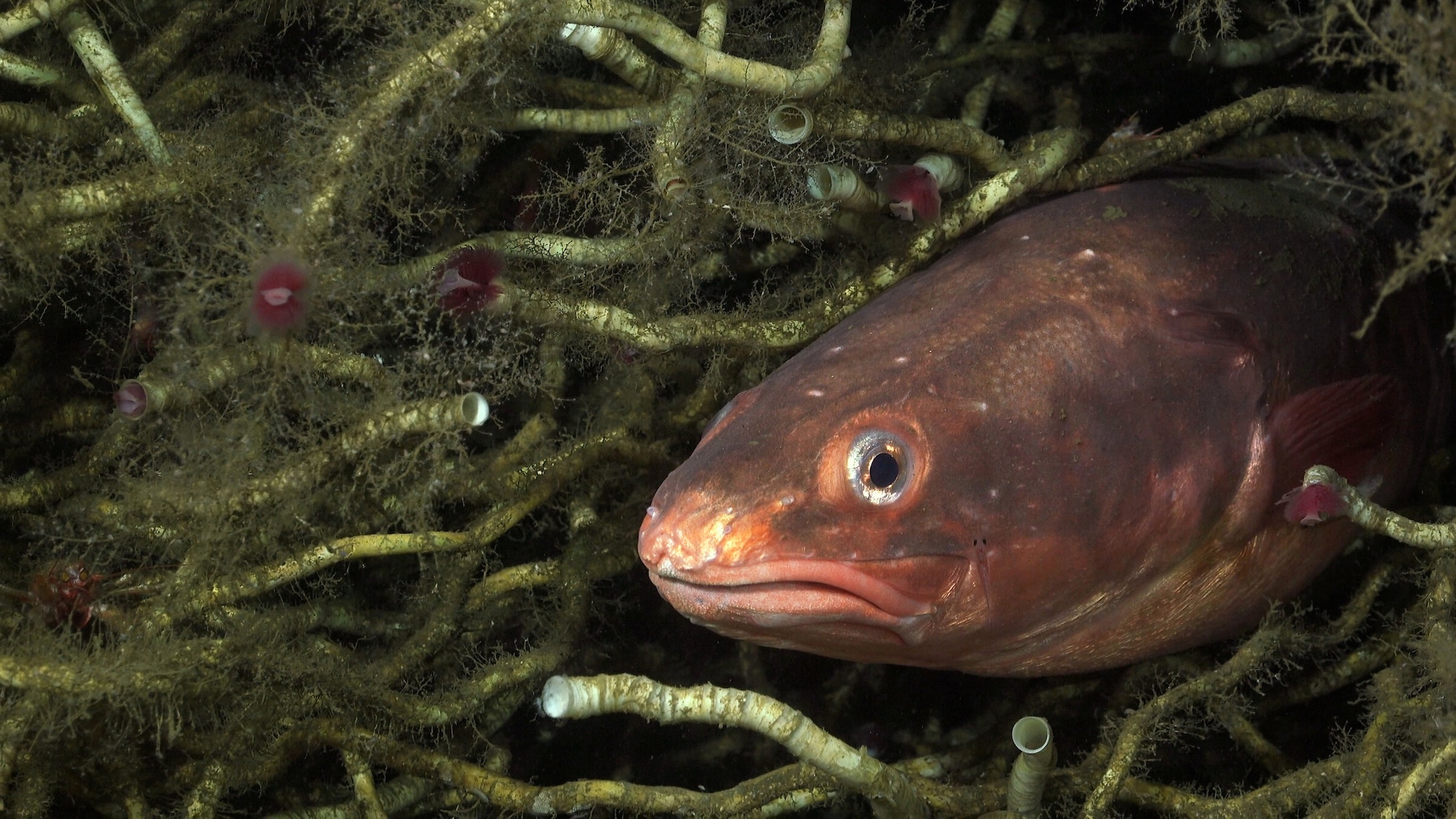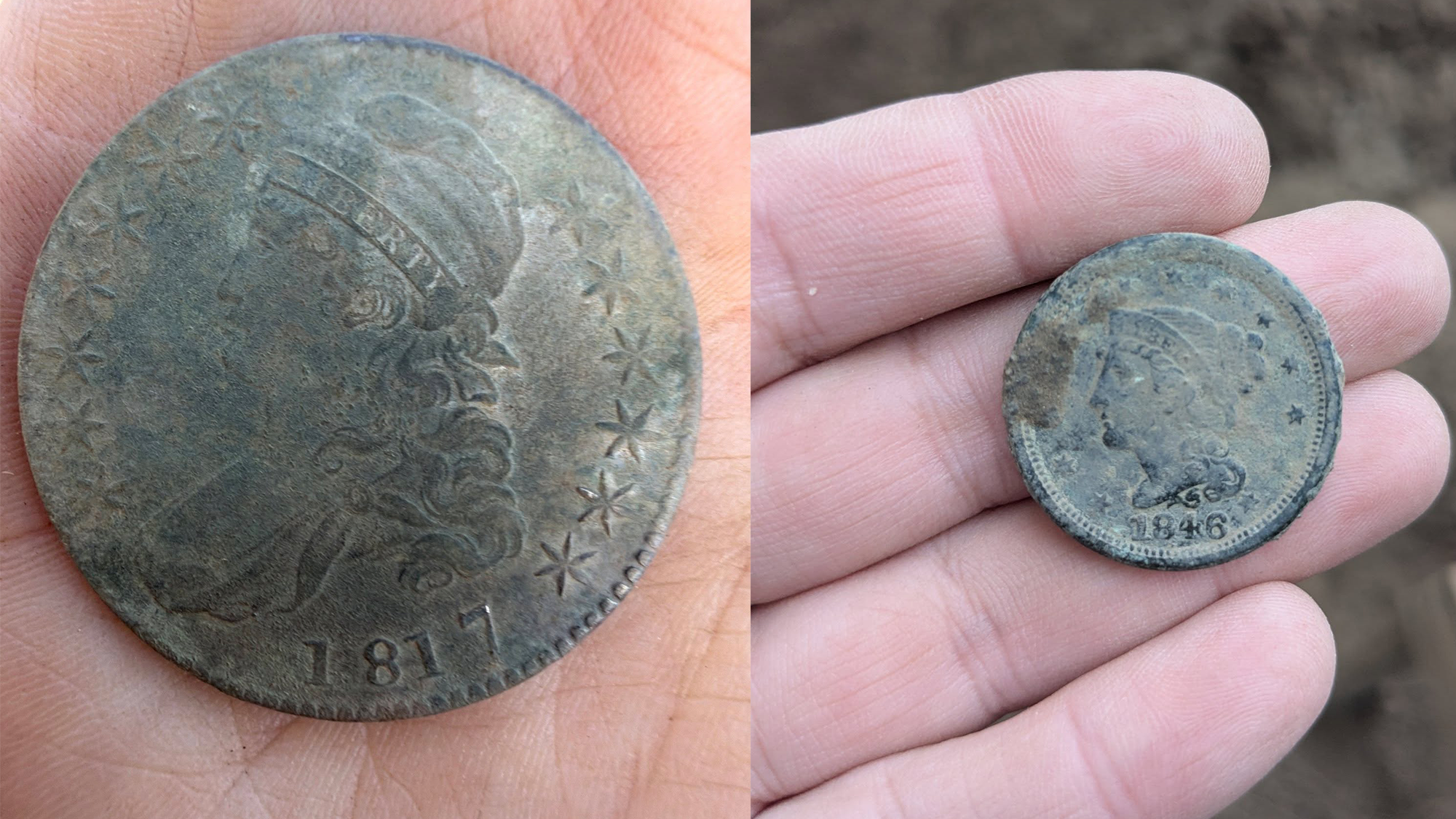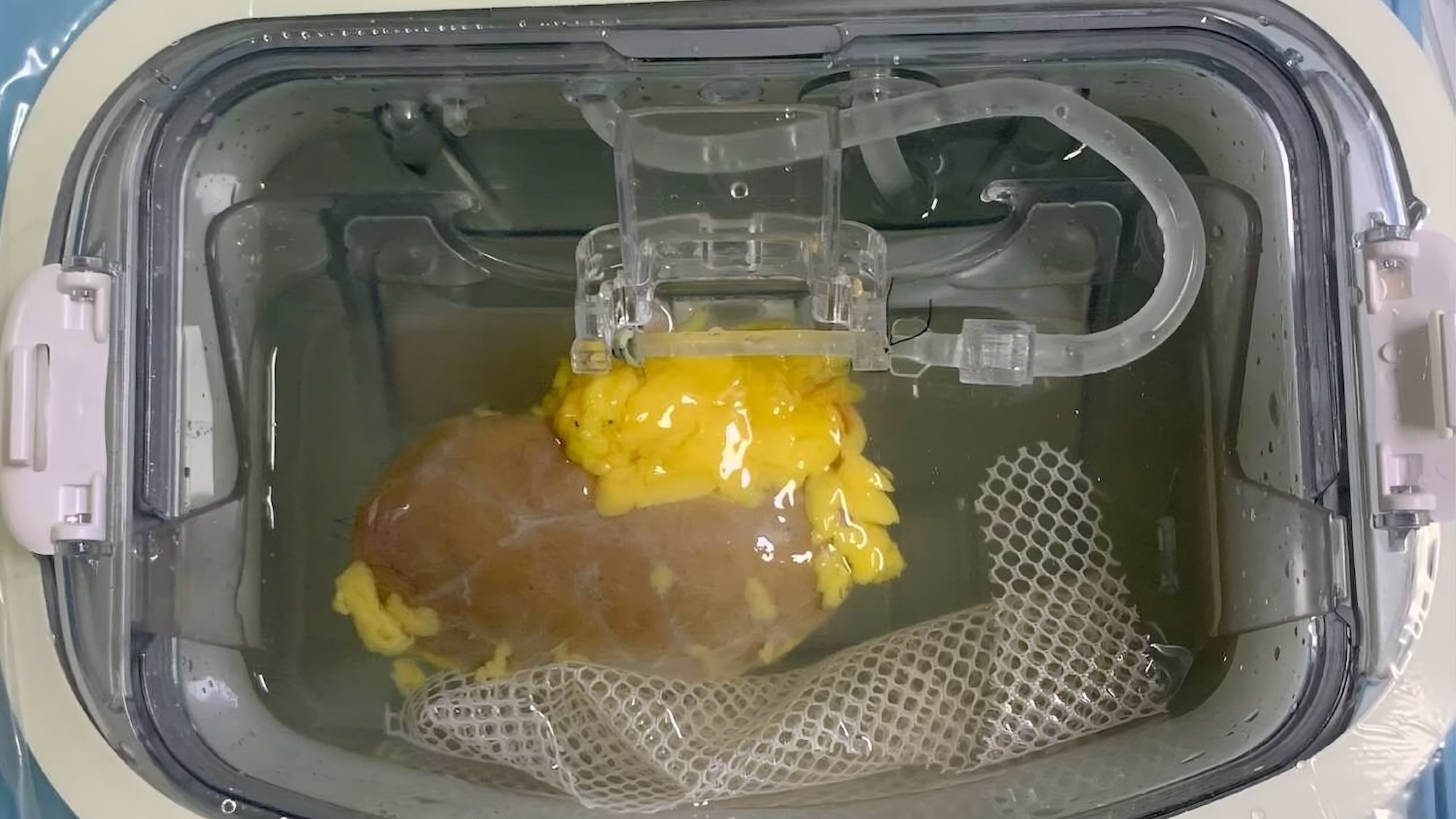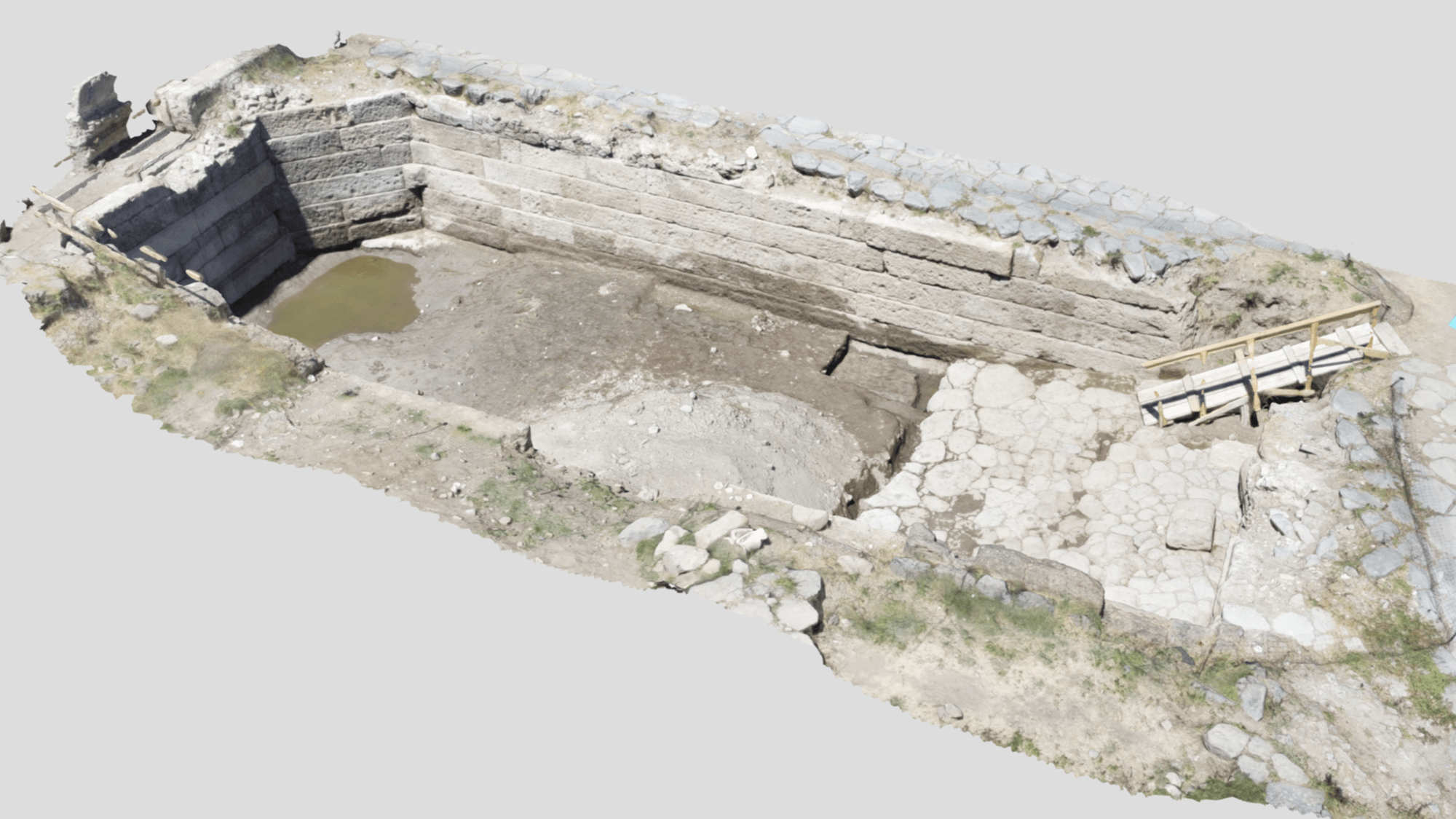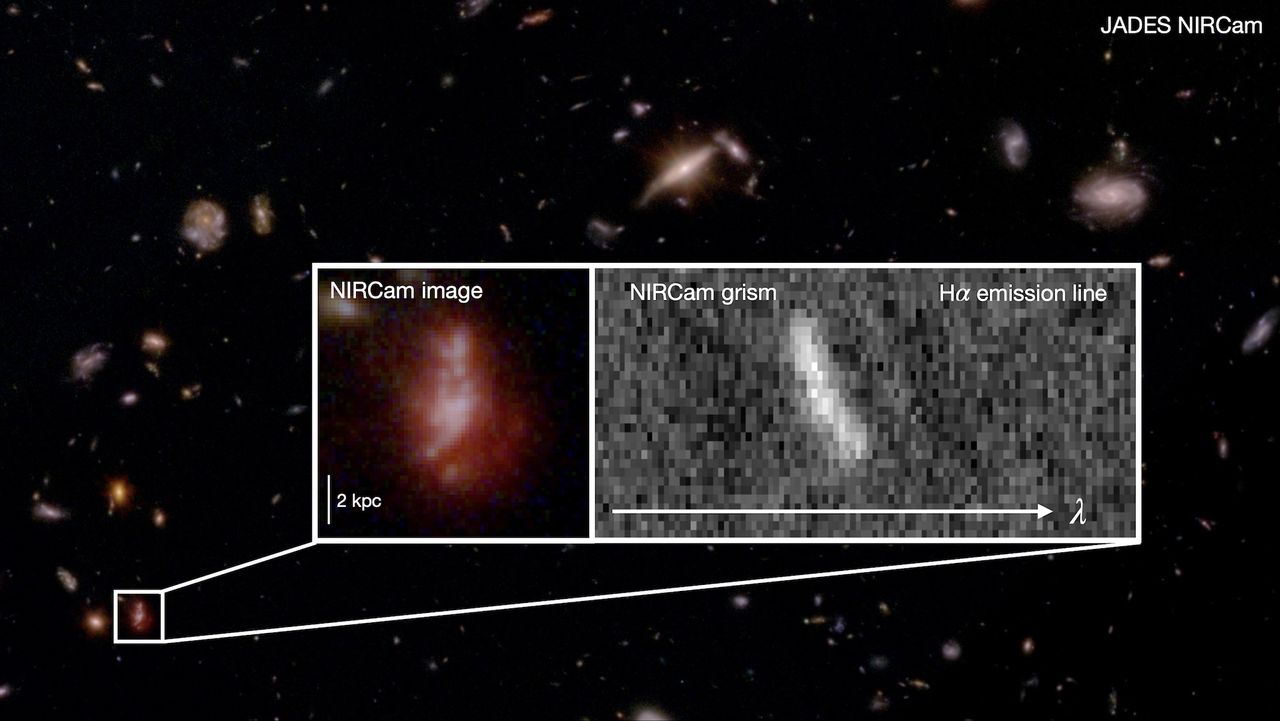World’s only flightless parrot doing okay against ‘crusty bum’ disease
PositiveScience

The kākāpō, New Zealand's critically endangered flightless parrot, is currently faring well against the concerning 'crusty bum' disease, showing no signs of antibiotic resistance so far. This is significant as it highlights the ongoing efforts to protect this unique species and the importance of monitoring their health. The kākāpō's survival is crucial not only for biodiversity but also as a symbol of conservation success.
— Curated by the World Pulse Now AI Editorial System

